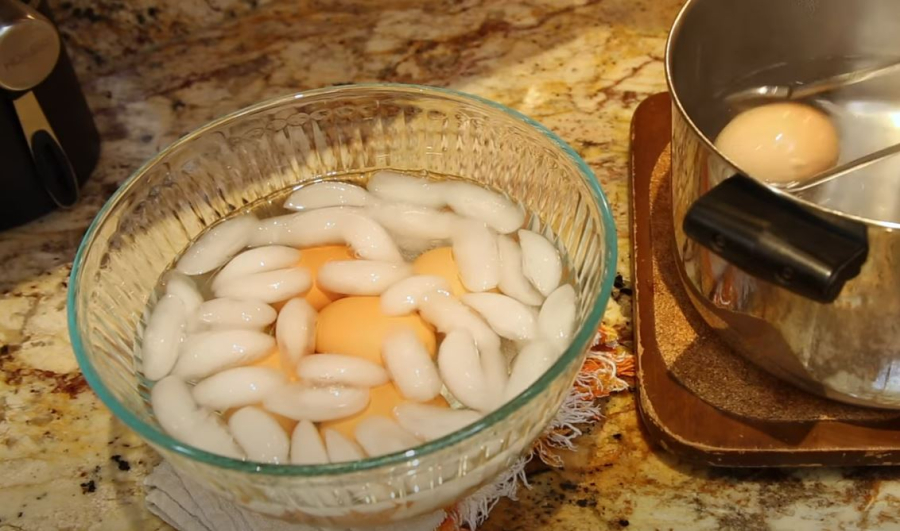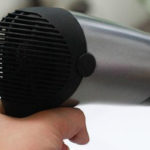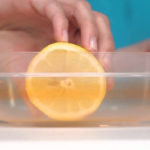Why are boiled eggs hard to peel and prone to crumbling?
There are several reasons why boiled eggs can be difficult to peel and prone to crumbling, resulting in an unsightly appearance. One common reason is the use of fresh eggs. Newly laid eggs have a membrane that remains tightly attached to the shell, making it challenging to remove the shell without damaging the egg. As eggs age, the contents slightly shrink, creating a gap between the membrane and the shell, making it easier to peel.
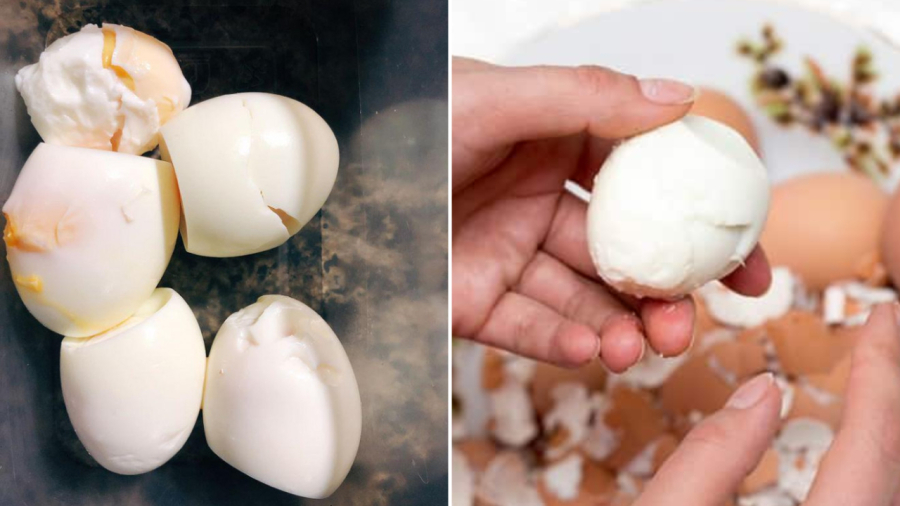
Boiling eggs is simple, but certain mistakes can make peeling the shells a challenge.
Attempting to peel the eggs immediately after boiling while they are still hot can also lead to sticking and tearing of the shell.
Overcooking the eggs can cause the shell to adhere tightly to the white of the egg, making it difficult to peel. Additionally, the method of boiling and the temperature of the eggs before boiling can impact the ease of peeling.
Tips for boiling eggs that are easy to peel
You may have noticed that some people start boiling eggs in cold water, while others wait for the water to reach a rolling boil before adding the eggs. So, which method is correct?
Firstly, it is advisable to remove the eggs from the refrigerator and allow them to reach room temperature for about 10 minutes before boiling. This helps to prevent thermal shock and reduce the likelihood of cracking due to extreme temperature differences. Remember to wash the eggs thoroughly before boiling.
Boiling eggs in cold water allows for a gradual increase in temperature, reducing the chance of cracking the shells. However, this method can result in a stronger bond between the membrane and the egg white, making peeling more difficult. On the other hand, boiling eggs in hot water speeds up the cooking process, and the membrane doesn’t have enough time to form a strong bond with the egg white, making peeling easier.
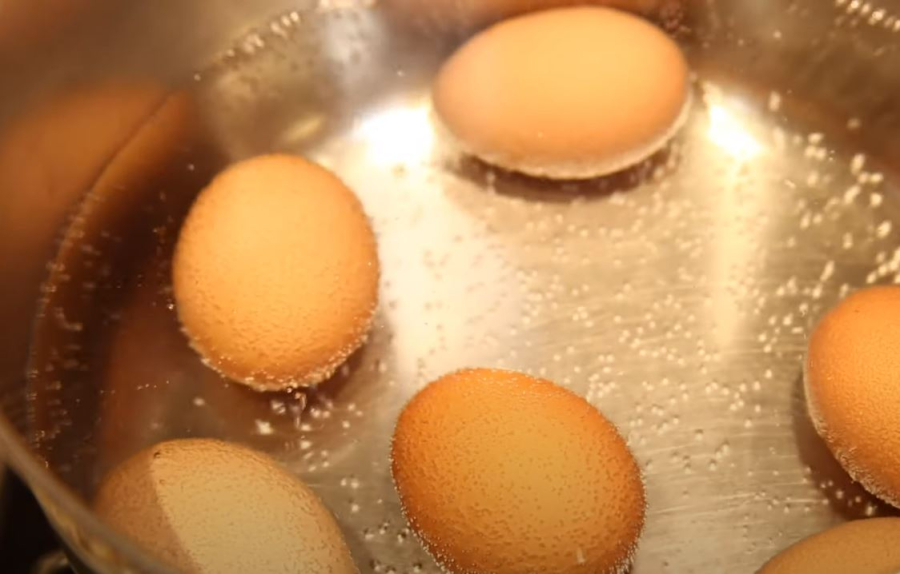
Different people have different habits and preferences for boiling eggs.
In reality, you can choose either method depending on your personal preference and habits. Each approach has its advantages.
To overcome all these challenges, you can use a sharp pin to prick a small hole at the wider end of the egg before boiling. This allows the heat to penetrate evenly and creates a small air gap between the shell and the egg white, making peeling easier.
Additionally, adding a small amount of salt and white vinegar (or a few slices of lemon) to the boiling water can help prevent the egg whites from sticking to the shell.
Once the eggs are cooked to your desired level of doneness, remove them from the hot water and plunge them into a bowl of cold water. This helps to arrest the cooking process, ensuring the eggs don’t overcook and making them easier to peel.
